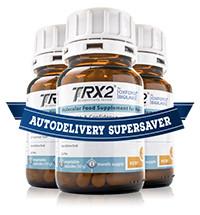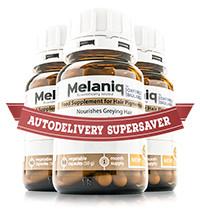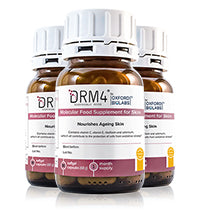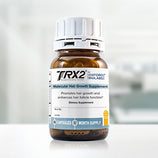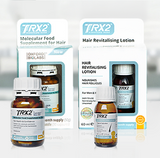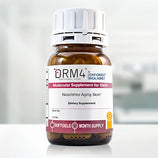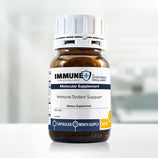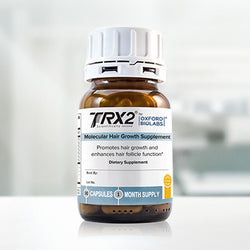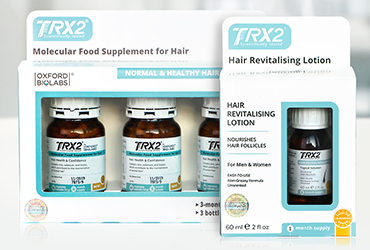A large quantity of studies now shows that healthy eating patterns and regular physical activity can help people achieve and maintain good health and reduce the risk of chronic disease throughout all stages of the lifespan.
A small amount of fat is an essential part of a healthy, balanced diet. We already know, fat is a source of essential fatty acids, which the body cannot make itself.
Omega-3 fats are essential fatty acids – acids the body needs to stay healthy. However, your body does not make omega-3 fatty acids on its own, so we must get some from dietary sources such as fish and plants or dietary supplements.
To stay healthy and have enough energy for a daily routine, omega-3 fatty acids should make up 5% to 10% of your total calories. Some extra calories are turning into triglycerides and stored in fat cells for later use. If you eat more calories than your body needs, your triglyceride level may be high. And here omega-3 fatty acid could help us to reduce the level of triglycerides. Our body is a complicated mechanism and sometimes it needs help.
Omega-3 fats are an integral part of cell membranes throughout the body and affect the function of the cell receptors in these membranes. And it’s not the limit for the omega-3s, as omega-3 and other fatty acids are key nutrients for hair follicles too.
Oily fish rich in omega-3s include:
- Salmon
- Mackerel
- Albacore tuna
- Trout
- Sardines
Oily fish, such as salmon and tuna, contain 2 kinds of omega-3s. These are EPA and DHA. Both have direct benefits for your heart. Read more about fish oils in our article.
If you’ve chosen a vegan style of living, you definitely found that plant-based sources of omega-3s include:
- Walnuts
- Chia seeds
- Canola oil and soy oil
- Soybeans and tofu
Omega-3 polyunsaturated fatty acids (PUFAs), such as DHA and EPA, are known for their anti-inflammatory properties.
Omega-3 fatty acids are precursors to prostaglandins, hormone-like compounds that help to reduce inflammation. The central and peripheral nerves contain polyunsaturated fatty acids, with omega-3 fatty acids helping to comprise neurons, myelin, and muscle membranes.
Supplementation with omega-3 fatty acids may improve nerve conduction and neuromuscular engagement, while also reducing exercise-induced inflammation.
Also found to help lower blood markers of inflammation as well as mitigate delayed onset muscle soreness and muscle damage, improves nerve conduction, thereby influencing muscle activation.
As the heart is the main muscle in our body, omega-3 fats also needed to stay healthy. It lowers blood pressure and heart rate, improves blood vessel function, and lowers triglycerides and may ease inflammation, which plays a role in the development of atherosclerosis.
Excessive intake of fats - in fact, excessive intake of any type of calories - can lead to overweight and obesity. Obesity is linked to increased risks for hypertension, type 2 diabetes, coronary heart disease and some cancers. Research has also found consuming adequate amounts of omega-3 fatty acids may help preserve muscle, maintain healthy body weight and reduce the risk of osteoporosis.
Of course, vegetarians do not eat fish or seafood. Not surprisingly, their blood and tissue levels of EPA and DHA are about one-half of nonvegetarians. Makes sense for vegetarians to assist their bodies and provide enough omega-3 fatty acid with the help of dietary supplements.
Oxford Biolabs® developed a unique formula of DRM4® Food Supplement for Skin which is rich in omega-3 fatty acids. Get more information about the product.
Sources:
https://www.todaysdietitian.com/newarchives/020810p22.shtml
https://fdc.nal.usda.gov/
https://www.nhs.uk/live-well/eat-well/the-eatwell-guide/
